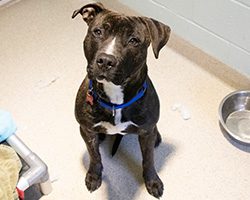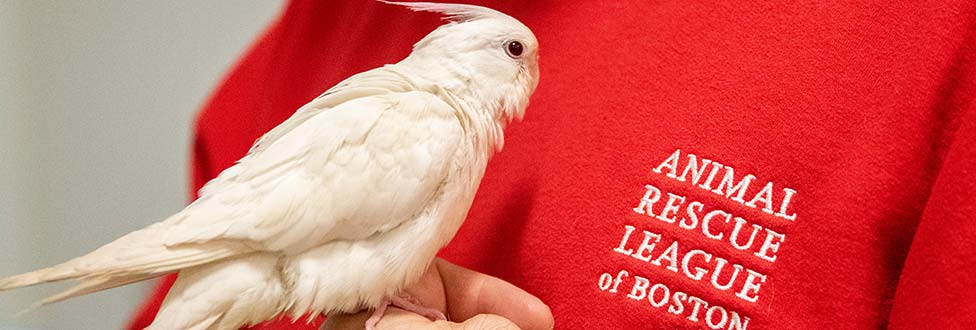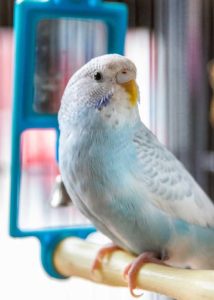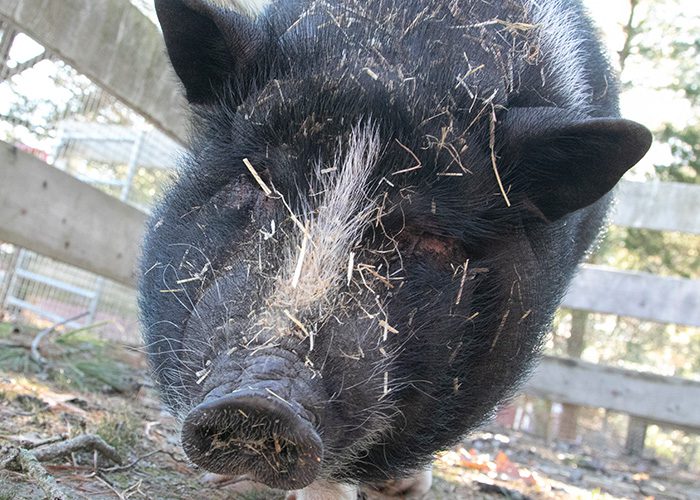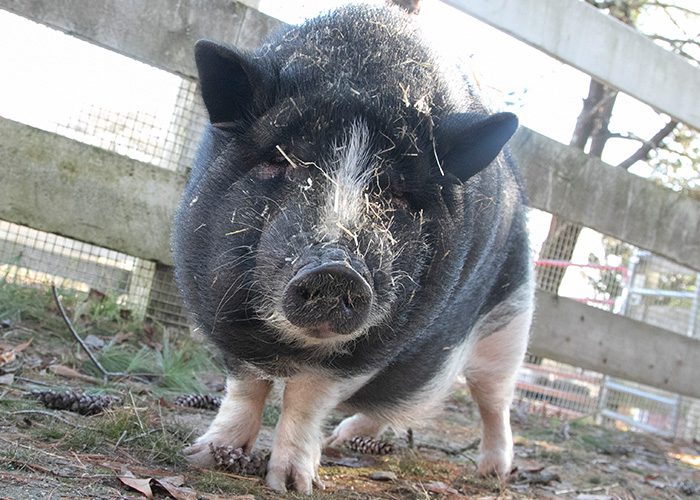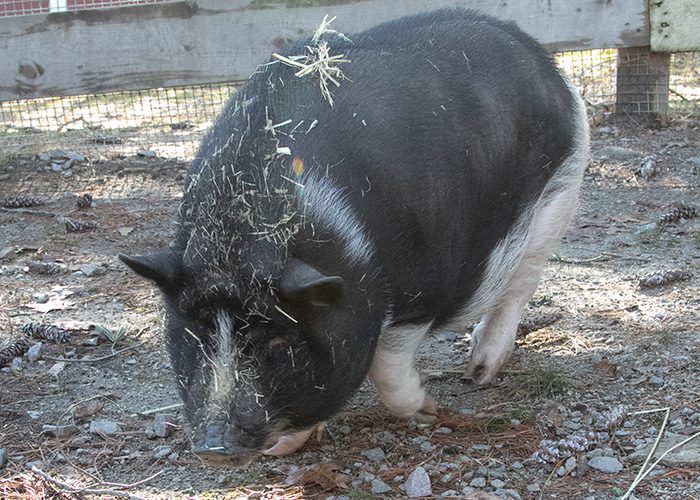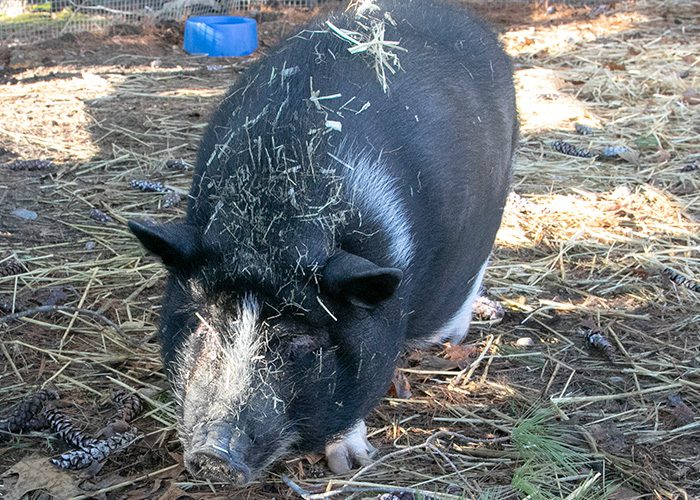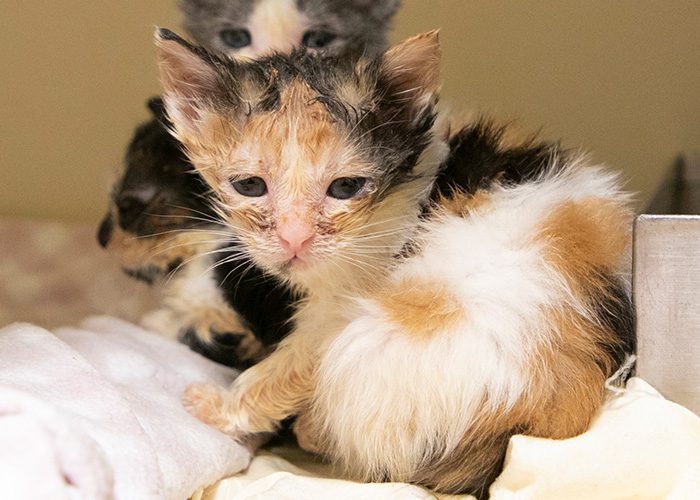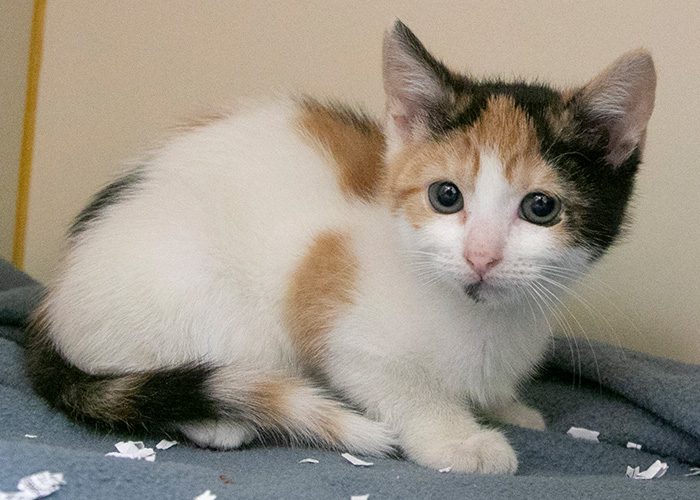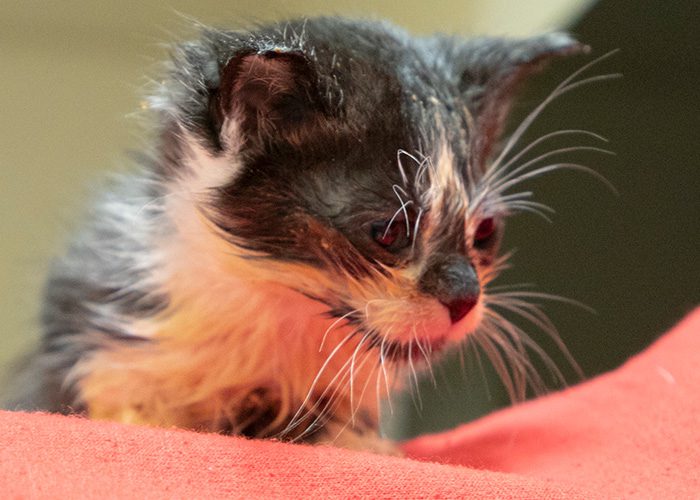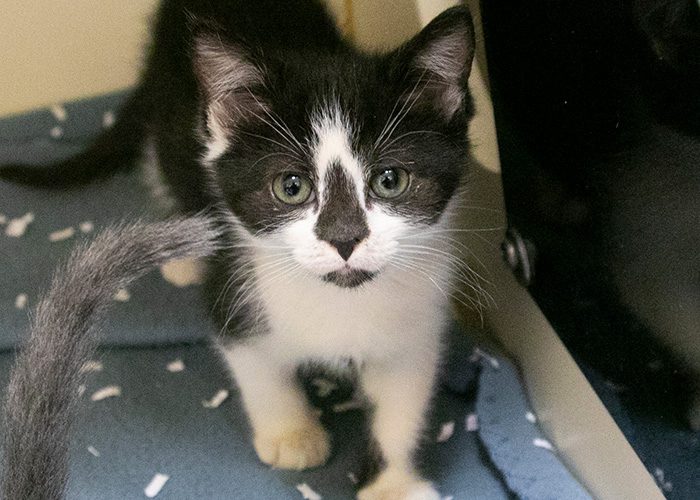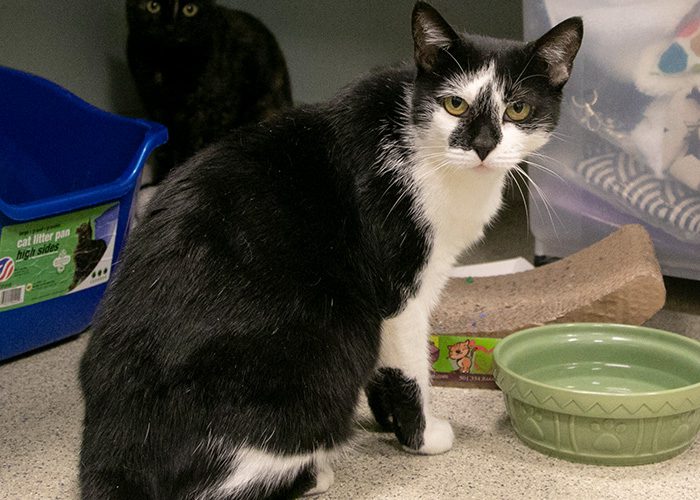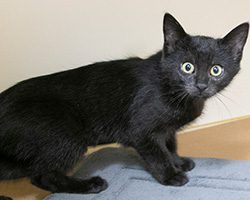ARL Provides Corrective Surgery for Pair of Cats
Cats needing surgery came to ARL from separate circumstances
No matter how they come to the Animal Rescue League of Boston (ARL), every animal is treated with the same level of compassion, care, and medical attention.
ARL recently performed surgery on a pair of cats that arrived at the organization through different circumstances.
Paul, an 8-year-old male cat was rescued off the streets in Raynham, MA, while Elise, a 2-year-old female cat, was part of a transport of cats from an overcrowded shelter in Texas.
Both animals arrived at ARL’s Dedham Animal Care and Adoption Center with varying degrees of medical issues – for Paul, he had dental disease and a number of scars and healing wounds due to a life of living on the streets, while Elise was diagnosed with a heart murmur and mild dental disease.
However, these cats had one medical affliction that required a surgical solution – entropion.
Entropion is a condition where the eyelid is inverted, which can cause painful irritation and if left untreated, could result in corneal scratches, inflammation, discharge, or possible blindness.
ARL’s veterinary team performed surgery on both cats to correct the condition, and once recovered from surgery, with the entropion irritation or pain no loner being an issue, the behavior for both animals drastically improved and their personalities were on full display.
Not surprisingly, once made available for adoption, Paul and Elise quickly found their perfect situations and are thriving in their new homes.
About ARL Community and Shelter Medicine
ARL’s Community and Shelter Medicine Department provides care for every animal at ARL’s three Animal Care and Adoption Centers, while also serving animals and their families in the communities where they live through the Spay Waggin’, Community Surgical Clinic, and Wellness Waggin’.
The Spay Waggin’, a mobile veterinary surgical unit, provides low-cost spay and neuter services to animals in Metro Boston, the South Shore, South Coast, and Cape Cod and the Islands.
ARL’s Community Surgical Clinic provides both veterinary and surgical services twice weekly at ARL’s Dedham local to animals and people in need, including the Community Cat Program.
The Wellness Waggin’ is a pet wellness clinic for residents of Dorchester, Roxbury, Mattapan, Hyde Park and East Boston.







